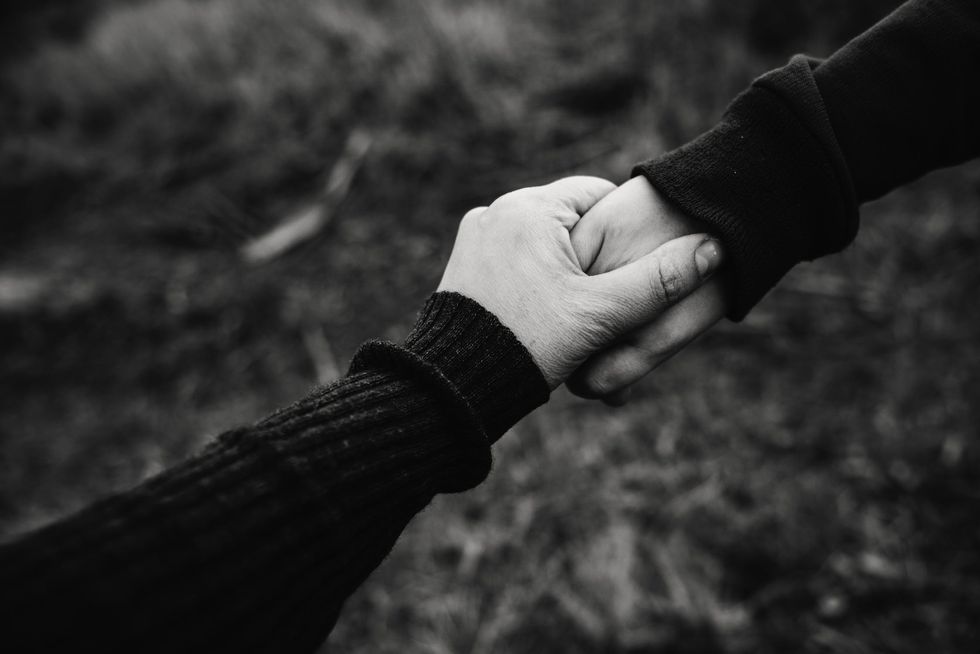"I'm good. How are you?" is typically the response we all give. It's almost as if the phrase "how are you?" has become a meaningless expression. It's overused in everyday conversations that lead to only robotic responses.
When I ask someone how they're doing, I want to genuinely know how they feel. There are so many more emotions on the human spectrum than, "good." That's not even a proper grammatical response.
Although, on the same token, I would not want to ask my boss how they are and then have them say "Terrible. My wife just left me and she took the kids," and then they start crying on the floor and I'm just standing there, extremely uncomfortable.
It's happened several times where people have asked me that phrase and I know for a fact I'm not okay. Yet, I still say "I'm fine" without even putting in the effort to mask my voice. Sometimes, they would either not notice it or not acknowledge that I clearly wasn't.
Other times, people would call me out for it--in a caring way--and genuinely inquire about what was on my mind. Those people are the kind I aspire to be. They don't ask about your wellbeing out of pure politeness or small talk. They want an honest reply because it's the kind thing we all should be doing.
My friends and I are fairly honest with one another about our feelings. However, sometimes I do worry that they hide their distress because they think I don't want to hear about it. And a lot of people have become so conditioned to pretending to be okay in social situations, that they're really good at denying their true state of mind. But, that's not how any conversation should operate.
If we continue asking the question "how are you" without showing genuine interest in the people we ask it to, it loses a purpose. I don't want to be asked that phrase by someone who does not care because it's a waste of everyone's time. Starting the year off right beings with checking in on those we love, and even those we do not know that well who need an outlet.
It should also begin with people giving honest answers to how they feel. You may be surprised at the advice, compassion and kindness others can apply to your situation. Remembering the meaning behind "how are you?" leads to better lives and better people.








































